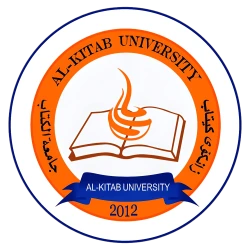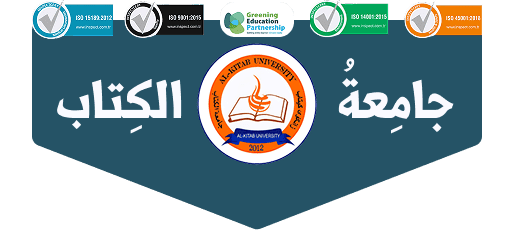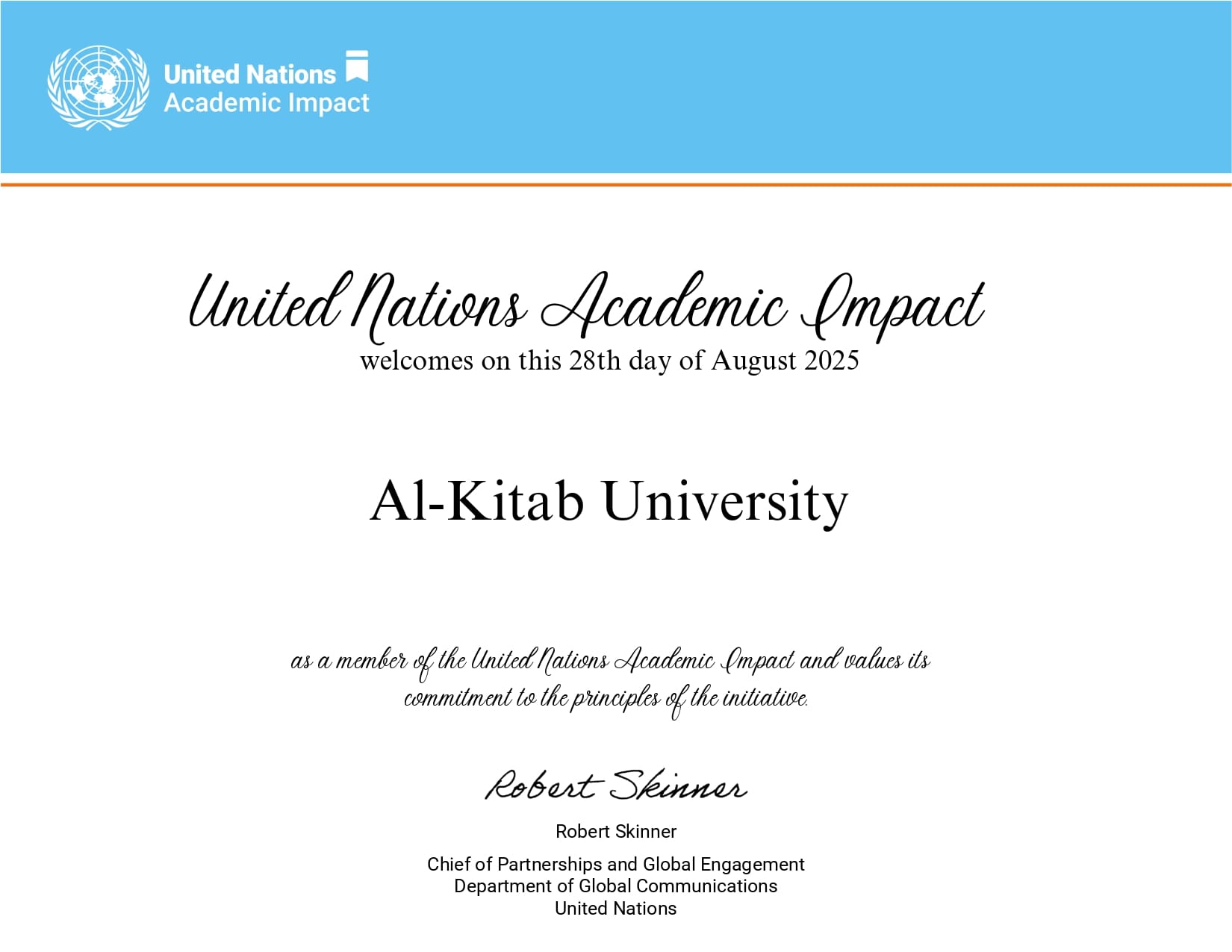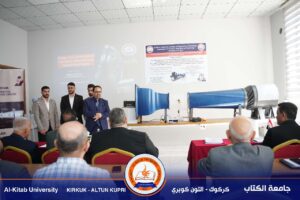In a distinguished academic step, Al-Kitab University has announced its joining of the “United Nations Academic Impact” (UNAI) initiative, which aims to enhance the partnership between higher education institutions and the global principles of the United Nations, such as human rights, inclusive education, sustainable development, and conflict resolution.
UNAI is a global initiative launched in 2010, with participation from over 1,500 academic institutions in more than 150 countries. It covers diverse educational and research fields and actively engages over 25 million students and academics.
This direction comes in response to a growing academic diversity expressed through 10 fundamental principles promoted by the initiative: commitment to the principles of the UN Charter, freedom of inquiry and expression, equal educational opportunities, building higher education capacities, global citizenship, peace, education for sustainable development, intercultural dialogue, among others.
Al-Kitab University’s membership reflects its commitment to these principles and its dedication to:
- Promoting inclusive learning and scientific research consistent with UN goals.
- Enhancing its academic reputation inside and outside Iraq.
- Effectively contributing to the Sustainable Development Goals (SDGs) through educational and research activities.
Within the framework of the initiative, Al-Kitab University will have the opportunity to participate in workshops, knowledge exchange platforms, and international academic networking. It can also publish its achievements on the UNAI multilingual website and benefit from academic grant opportunities, research events, and exhibitions.
The Importance of This Event
- Enhancing National Academic Identity: The university’s membership confirms its elevation to a global level and its alignment with international trends in education and research.
- Enabling International Interaction: It provides the university’s academic community with opportunities for scientific exchange with peers worldwide.
- Supporting Sustainable Development Goals: By adopting supportive activities, the university contributes to achieving goals such as quality education, equality, and cooperation for the future.





